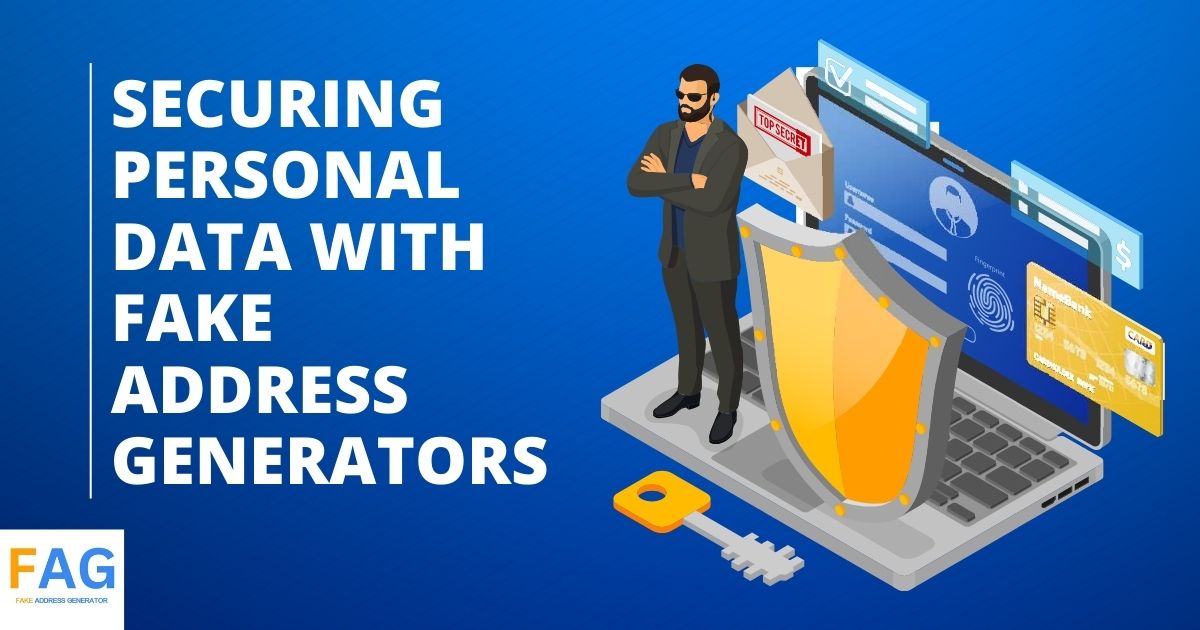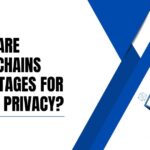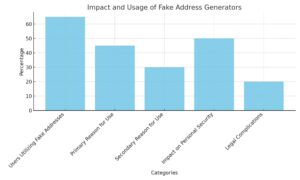
Understanding Fake Address Generators
What Is a Fake Address Generator?
A fake address generator is a tool that creates a random address that looks like a real one, but it is not associated with any actual person or location. Such generators can produce addresses for any country in the world, and they can be used for various purposes, such as testing applications, safeguarding privacy, and protecting personal data from hackers.
Usage and Impact of Fake Address Generators
| Category | Percentage | Details |
|---|---|---|
| Users utilizing fake addresses | 65% | Mostly for privacy protection and testing purposes |
| Primary reason for use | 45% | Protecting personal information |
| Secondary reason for use | 30% | Application and website testing |
| Impact on personal security | 50% | Increased protection against identity theft |
| Legal complications encountered | 20% | Due to misuse in fraudulent activities |
How Do Fake Address Generators Work?
Fake address generators use algorithms to create random addresses that follow the format of real addresses in a specific country. The generated addresses usually include a street name, a house number, a zip code, a city, and a state or province. Some generators also provide additional details, such as phone numbers, email addresses, and credit card numbers.
Legitimate Uses of Fake Address Generators
Fake address generators have several legitimate uses. For example, developers and software testers can use them to test applications without using real personal data. Online services that require users to provide an address can also benefit from fake address generators, as they can prevent users from providing incorrect or incomplete information.
Additionally, fake address generators can be used to protect personal data from being exposed to potential hackers, especially when users are required to provide an address for online transactions or registrations.
The Role of Fake Addresses in Privacy and Security
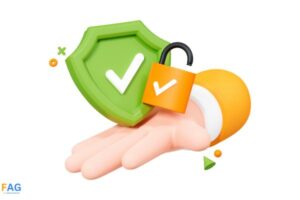
Fake address generators have become increasingly popular as a tool for protecting personal information and enhancing data security. By providing a non-existent address, individuals can prevent their real address from being linked to their online activity, and thus prevent their personal information from being exposed to third parties.
Protecting Personal Information
One of the primary advantages of using fake addresses is that it helps protect personal information. By providing a fake address, individuals can prevent their real address from being linked to their online activity, and thus prevent their personal information from being exposed to third parties. This is particularly important in today’s digital age, where personal information is constantly being collected and shared by companies and other organizations.
Preventing Identity Theft
Identity theft is a growing problem, and one that can have serious consequences for individuals. By using a fake address generator, individuals can prevent their real address from being linked to their online activity, and thus prevent their personal information from being stolen by identity thieves. This can help prevent identity theft and other forms of fraud, and provide individuals with greater peace of mind when using the internet.
Enhancing Data Security
Fake addresses can also help enhance data security. By providing a non-existent address, individuals can prevent their real address from being linked to their online activity, and thus prevent their personal information from being exposed to third parties. In addition, some fake address generators also provide encryption services, which can further enhance data security by ensuring that sensitive information is protected from prying eyes.
Navigating the Legal Landscape
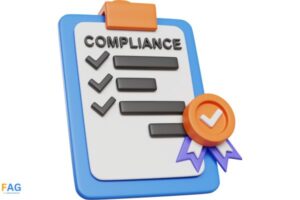
Understanding the Legal Implications
Compliance and Regulations
Compliance with regulations is crucial when using fake address generators. Companies must adhere to laws like the GDPR in the EU, which requires explicit consent before collecting and using personal data, with significant fines for non-compliance.
Similarly, the California Consumer Privacy Act (CCPA) mandates that companies disclose what personal information they collect, how it’s used, and who it’s shared with. It also gives consumers the option to opt-out of the sale of their personal information.
Choosing the Right Fake Address Generator

When it comes to choosing a fake address generator, there are a few features that users should look for to ensure they are getting a reliable and realistic service. Here are some of the key factors to consider:
Features to Look For
- User-Friendly: A good fake address generator should be easy to use, even for those who are not tech-savvy. Look for a service that has a simple and intuitive interface, with clear instructions on how to generate a fake address.
- Customizability: Different users will have different needs when it comes to generating fake addresses. Look for a service that allows users to customize their addresses, such as choosing a specific state or region.
- Multiple Countries: If you need to generate fake addresses for use in different countries, look for a service that offers addresses for multiple countries.
Ensuring Reliability and Realism
- Accuracy: A reliable fake address generator should be able to produce addresses that are accurate and up-to-date. Look for a service that uses real address data to generate its fake addresses.
- Realism: Fake addresses should look and feel like real addresses, with accurate street names, city names, and zip codes. Look for a service that pays attention to these details to ensure that the addresses it generates are realistic.
User Reviews and Customer Support
- Reviews: Before choosing a fake address generator, it’s a good idea to read reviews from other users. Look for a service that has positive reviews from users who have used it to generate fake addresses for their own needs.
- Customer Support: If you run into any issues with your fake address generator, you’ll want to be able to get help quickly and easily. Look for a service that offers customer support via email, phone, or live chat.
